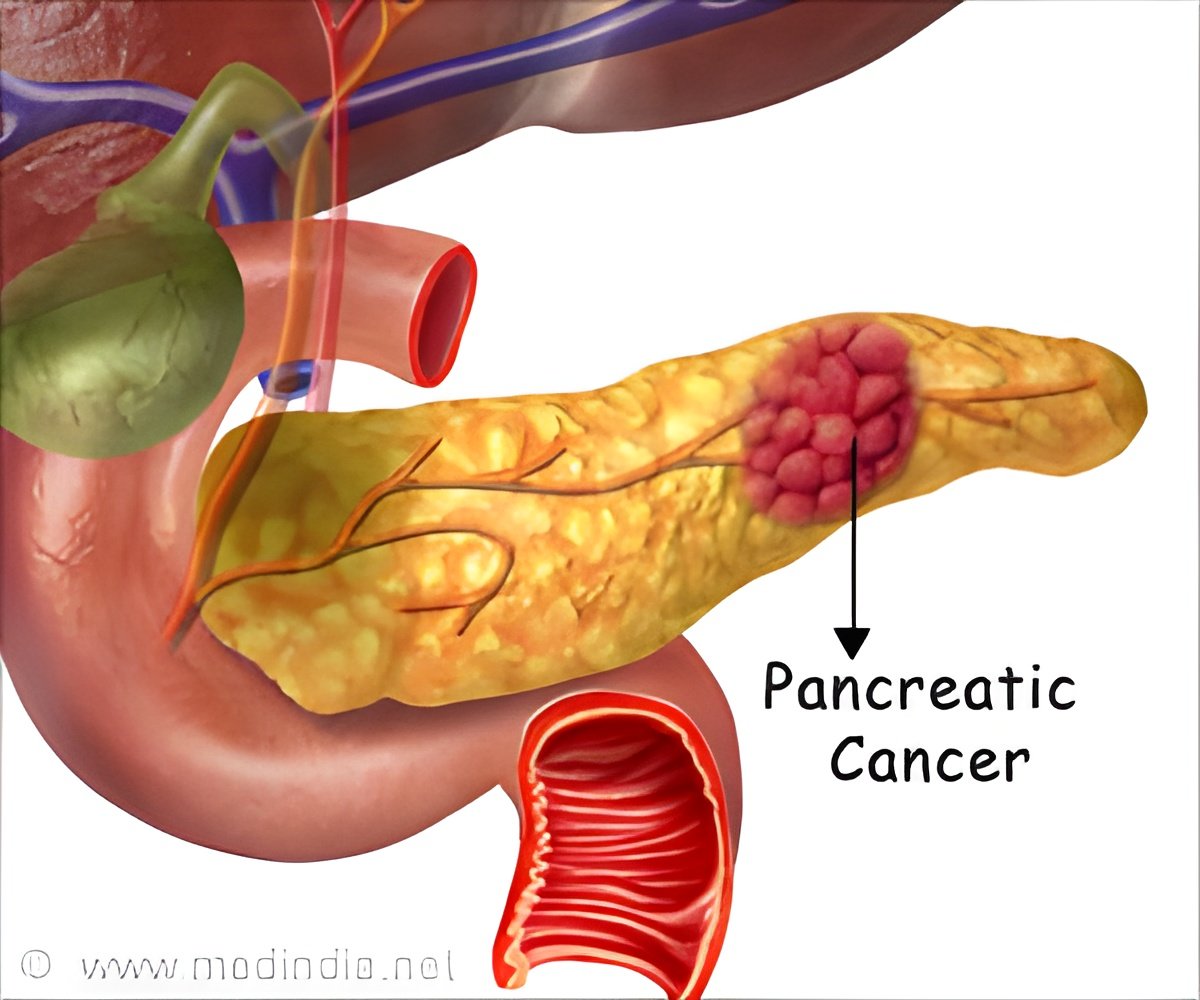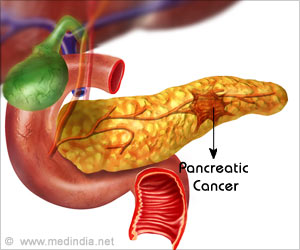
‘Restoring normal miR-137 (a ribonucleic acid), in pancreatic cancer cells has a protective effect, as it induces the defense mechanism and stops the cells from spreading.’
Tweet it Now
"It is essential that we better understand the mechanisms that lead to the loss of miR-137 expression. Once we do, we can create therapeutic strategies to treat and prevent pancreatic cancer," said Dr. Fredrick Antoine Mallette. This joint research study by doctoral student Mathieu Neault has also demonstrated that restoring normal miR-137 levels in pancreatic cancer cells has a protective effect, as doing so induces senescence and stops the cells from spreading.
A relentless cancer
In 2015, approximately 4800 people received a diagnosis of pancreatic cancer, and nearly 4600 Canadians succumbed to this terrifying disease. Although this cancer is the 12th highest in terms of incidence, it is 4th highest in cancer-related mortality. Survival rates for pancreatic cancer haven't improved in the past 40 years. This is why we urgently need to clarify the mechanisms of this cancer to find new therapeutic avenues that will change these grim statistics.
Advertisement










